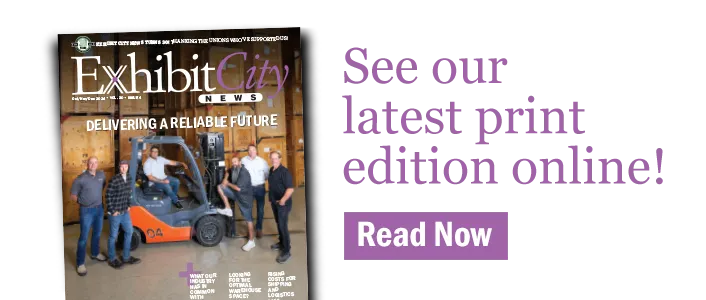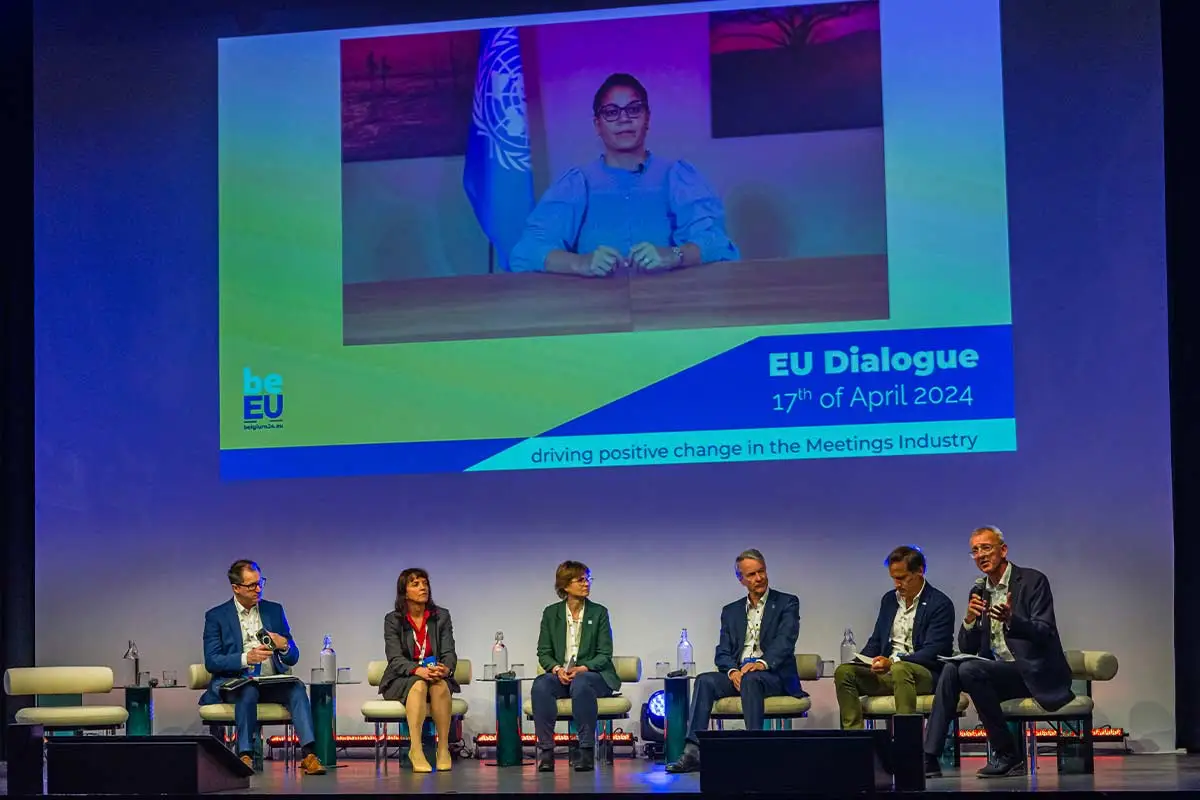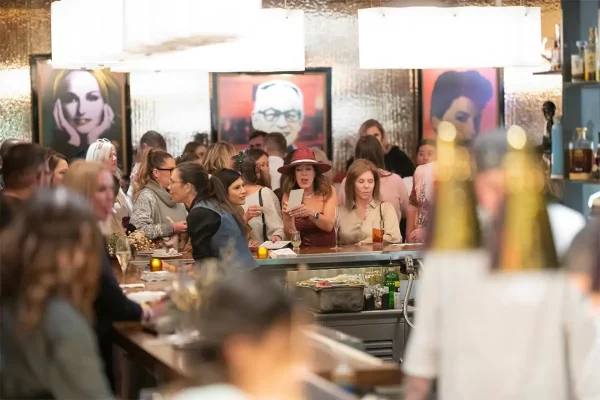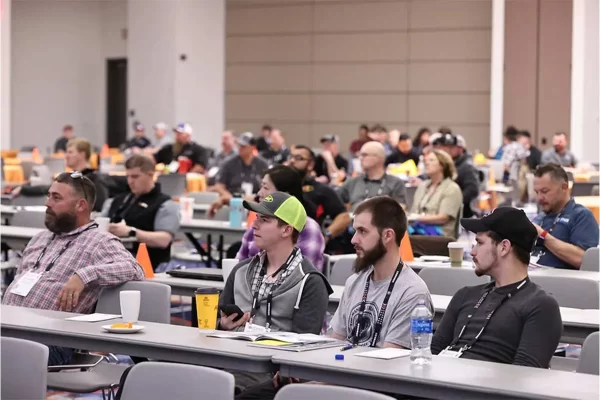submitted by Chris Lewis, Clareville
On 17 April, visit.brussels, in partnership with JMIC (Joint Meetings Industry Council), CityDNA (City Destinations Alliance), and EEIA (European Exhibition Industry Alliance), hosted the EU DIALOGUE: DRIVING POSITIVE CHANGE IN THE MEETINGS INDUSTRY. Organised as part of the Belgian Presidency of the Council of the European Union, over 180 industry professionals and European policy makers from 15 countries/EU member states took part. The event featured insights from 52 expert speakers and facilitated robust discussions, aimed at driving tangible progress towards recognition by European policy makers.
As the home of the EU institutions and a multitude of European and international professional associations, Brussels is no stranger to hosting events of all kinds. Against that backdrop, the ‘EU Dialogue’ event caught the attention of senior policymakers and institutional stakeholders through its clearly defined purpose and value proposition. The conference succeeded in creating and driving an open and constructive dialogue between key industry stakeholders and representatives from the European institutions, including the European Commission and Parliament. It highlighted the often overlooked yet significant contribution of business events to economic growth and prosperity.
Patrick Bontinck, CEO at visit.brussels, “Today, everyone is talking about positive impact. The conference demonstrated what this term means for the meetings industry. We now have a clear idea of how the sector can contribute to organising events that highlight the advantages of a destination, its intellectual capital and its infrastructure, while maximising its overall impact towards greater diversity, equality and inclusion, but also towards an industry
that is aware of social and environmental issues and is ready to make sustainable changes to the way it operates. This event also highlighted the fact that we should speak more of the Visitor Economy rather than just ‘tourism,’ as this term more fully encompasses and represents the entire ecosystem.”
James Rees, President of JMIC – The Joint Meetings Industry Council added: “The business events sector builds and operates the marketplaces and meeting places for various industries to gather, exchange ideas, and create solutions for the pressing challenges we face today. This event aimed to raise awareness about the industry’s broad impact and its potential for further development.”
Throughout the day, attendees engaged in in-depth discussions across a spectrum of critical topics, including sustainability and mobility initiatives, EU trade policies’ impact on business events, talent development strategies and the imperative of digital innovation. By spotlighting the sector’s multifaceted contributions, participants underscored its integral role in driving innovation, collaboration and economic growth across Europe. Throughout the day, it was underlined that meetings and events are universal drivers of positive change for society. They have the power to advance and achieve the EU’s objectives in the coming years: building a resilient economy, embracing digital transformation, building a green, fair and social Europe, and promoting European interests and values on the global stage.
The EU Dialogue event proved to be a productive platform, not only showcasing the immense value proposition of the business events industry but also fostering discussions on the sector’s challenges. This included discussions on trade policy, advocating for streamlined visa processes and a firm embedding of the meetings events industry in the European Tourism Pathway.
“With today’s rapidly evolving geopolitical challenges, it is imperative for Europe to remain competitive. Europe holds a leading position for international trade shows and congresses. This represents a significant advantage for our European exhibitors and visitors as well as creating a significant economic impact for the hosting region and country. We are proud to contribute with our platforms to building a resilient economy, fostering research, technical innovation, entrepreneurship, to master the green and digital transformations. EEIA has been the voice of our sector in Brussels for many years and we look forward to continuing this important exchange with policymakers”, explained Roland Bleinroth, EMECA President for EEIA.
“In the discussions about statistics and data, it became clear, once more, that the business events and exhibition sector is fragmented and complex, which is reflected in a multitude of data and studies produced by the sector itself and a striking lack of representation in any official statistics. In order to be visible to and recognised by governments and policymakers
2
on all levels, it needs a clear presence with some basic data in official national, European and global statistics”, says David Boon, UFI European Chapter Chair for EEIA.
Petra Stušek, President of City Destinations Alliance, concluded, “There is no doubt that tourism and the meetings sector go hand in hand as vital contributors to sustainable development goals. They are essential for the visitor economy, which can benefit the destinations’ social inclusion, cultural offering and relations, knowledge societies and local communities. It’s important to embrace the existing tools at the European level like the Tourism Transition Pathway which is aligned with meetings industry challenges. We share many goals with the European Union, and we need to speak with one voice while still embracing all components and illustrating the diversity and relevance of our sector. Continuing this dialogue is key to ensuring Europe’s competitiveness, resilience and sustainability.”
































